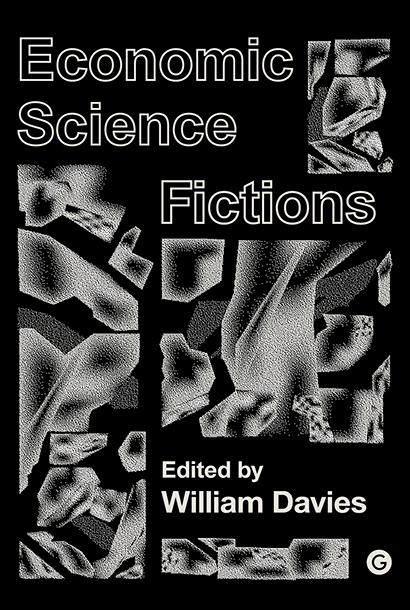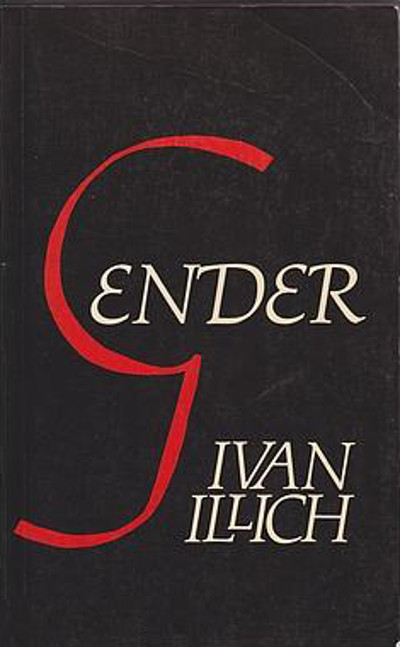William Davies (ed.) Economic Science Fictions (2018)
Filed under book | Tags: · automation, capitalism, dystopia, economics, economy, luddism, money, neoliberalism, science fiction, utopia

“From the libertarian economics of Ayn Rand to Aldous Huxley’s consumerist dystopias, economics and science fiction have often orbited each other. In Economic Science Fictions, editor William Davies has deliberately merged the two worlds, asking how we might harness the power of the utopian imagination to revitalise economic thinking.
Rooted in the sense that our current economic reality is no longer credible or viable, this collection treats our economy as a series of fictions and science fiction as a means of anticipating different economic futures. It asks how science fiction can motivate new approaches to economics and provides surprising new syntheses, merging social science with fiction, design with politics, scholarship with experimental forms.
With an opening chapter from Ha-Joon Chang as well as theory, short stories, and reflections on design, this book challenges and changes the notion that economics and science fiction are worlds apart. The result is a wealth of fresh and unusual perspectives for anyone who believes the economy is too important to be left solely to economists.”
Contributors: AUDINT, Khairani Barokka, Carina Brand, Ha-Joon Chang, Miriam A. Cherry, William Davies, Mark Fisher, Dan Gavshon Brady, Owen Hatherley, Laura Horn, Tim Jackson, Mark R. Johnson, Bastien Kerspern, Nora O Murchú, Justin Pickard, James Pockson, Tobias Revell, Judy Thorne, Sherryl Vint, Georgina Voss, Jo Lindsay Walton, Brian Willems.
Publisher Goldsmiths Press, London, 2018
ISBN 9781906897680, 1906897689
xiv+383 pages
Reviews: Anna Nguyen (LSE Review of Books, 2018), Justin Reynolds (New Socialist, 2018).
PDF (15 MB)
Comment (0)Ivan Illich: Gender (1982)
Filed under book | Tags: · commons, economics, economy, gender, labour, marxism, medicine, men, production, rent, sex, sexuality, women, work

“The break with the past, which has been described by others as the transition to a capitalist mode of production, I describe here as the transition from the aegis of gender to the regime of sex.” Ivan Illich insists that we survey attitudes to male and female in both industrial society and its antecedents in order to recover a lost ‘art of living’. He argues that only a truly radical scrutiny of scarcity, with special attention in this study to the sexes and society, past and present, can prevent an intensification of this grim predicament.
Publisher Marion Boyars, London, 1982
ISBN 9780714520902
192 pages
Reviews: Arlie Russell Hochschild (New York Times, 1983), Ninna Nyberg-Sørensen (Acta Sociologica, 1987).
EPUB (updated on 2019-10-1)
PDF (30 MB, added on 2019-10-1)
Urs Stäheli: Spectacular Speculation: Thrills, the Economy, and Popular Discourse (2007/2013)
Filed under book | Tags: · economics, economy, finance, market, market economy, psychology, sociology, speculation

Spectacular Speculation is a history and sociological analysis of the semantics of speculation from 1870 to 1930, when speculation began to assume enormous importance in popular culture. Informed by the work of Luhmann, Foucault, Simmel and Deleuze, it looks at how speculation was translated into popular knowledge and charts the discursive struggles of making speculation a legitimate economic practice. Noting that the vocabulary available to discuss the concept was not properly economic, the book reveals the underside of putting it into words. Speculation’s success depended upon non-economic language and morally questionable thrills: a proximity to the wasteful practice of gambling or other “degenerate” behaviors, the experience of financial markets as seductive, or out of control. American discourses of speculation take center stage, and the book covers an unusual range of material, including stock exchange guidebooks, ticker tape, moral treatises, plays, advertisements, and newspapers.
Originally published in German as Spektakuläre Spekulation: Das Populäre der Ökonomie, Suhrkamp Verlag, Frankfurt am Main, 2007
Translated by Eric Savoth
Publisher Stanford University Press, 2013
ISBN 0804788251, 9780804788250
312 pages

